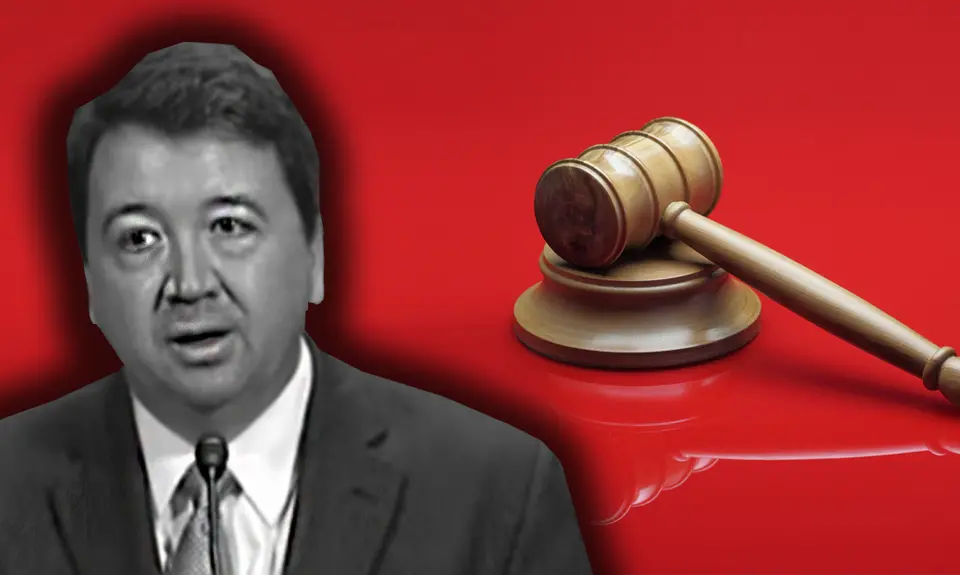“Confirmed Judges, Confirmed Fears” is a blog series documenting the harmful impact of President Trump’s judges on Americans’ rights and liberties. Cases in the series can be found by issue and by judge at this link.
Trump Sixth Circuit judge John Bush argued that the Sixth Circuit should stay a preliminary injunction ordered by a district court to help safeguard people in Oakland County Jail against COVID-19, including people who have not yet been tried for any offense. The majority rejected Bush’s view in an unpublished order in Cameron v. Bouchard, 2020 U.S. App. Lexis 16741 (May 26, 2020).
In April, five individuals housed in Oakland County Jail in Michigan, including several awaiting trial, filed a class action contending that jail officials are acting with “deliberate indifference” in response to the serious risk COVID-19 poses to incarcerated individuals. After extensive submission of evidence and hearings, the district court issued a 71-page opinion granting a preliminary injunction against the jail.
After hearing evidence and argument from both sides, the district court issued a series of findings:
- There is an “active outbreak” of COVID-19 at the jail.
- The jail’s “congregate nature” where hundreds of people share “sinks, toilets,” showers, and “eating, sleeping and living spaces” makes it an “ideal environment for the spread” of the virus.
- Jail officials clearly perceived a “substantial risk” especially to “medically vulnerable” people.
- Jail officials show a “willingness to continue housing” people in a way that “increased their risk of infection,” including failure to provide sufficient “access to soap and cleaning supplies” and to wear masks and gloves when interacting with people confined at the jail, failure to implement social distancing even though “many” of the jail’s housing cells “remain empty,” and failure to quarantine infected individuals.
- Jail officials are disregarding “exhortations” by Gov. Whitmer and experts to consider supervised release of some medically vulnerable people.
- There is a significant risk of “serious injury or death” to those in the jail and to the broader public from the spread of the disease among people confined there and officials who also interact with the public.
The court concluded that jail officials are “deliberately indifferent to the risk of accelerating” the existing outbreak of COVID-19 at the jail, risking “irreparable harm” and violating the law. The judge issued a preliminary injunction, ordering the jail to provide people with two bars of soap, a hand towel, and other cleaning supplies on a biweekly basis; to require staff to wear personal protective equipment; to conduct increased testing; and to compile a list of medically vulnerable people to be considered for possible supervised release.
The jail immediately appealed to the Sixth Circuit and pushed for the court to stay the injunction. By a 2-1 vote, the court agreed to expedite the appeal and refused to stay the urgent relief ordered by the lower court.
Trump judge John Bush dissented and argued that the preliminary injunction should be stopped. He complained, as did the jail, that the plaintiffs had not exhausted state administrative remedies, claimed that the facts did not justify the relief ordered in his view, argued that deliberate indifference had not been shown, and asserted that the district court was “contemplating’ home confinement of some individuals despite what he claimed was the public’s “interest in keeping in jail” such individuals.
The majority rejected these claims. They found that the district court correctly held that effective state court remedies were “unavailable” since state courts “had not previously provided” any such relief. They explained that under the law, the issue was whether the district court had “abused its discretion” and made factual findings that were “clearly erroneous,” which was not the case. They stated that there was clearly sufficient evidence to find “deliberate indifference” and a public interest in avoiding the continued spread of COVID-19 in the jail. As to relief, they pointedly noted that the district court had “not ordered the release of any” individual; rather, it had simply set up a process by which home confinement could be ordered on a case-by-case basis when justified for medically vulnerable people, which the jail could contest. Furthermore, they stressed that the jail had already agreed to “many of the” specific “safeguards” on sanitation.
If it had been up to Bush, COVID-19 would have likely spread even further in the jail and beyond. Fortunately, Bush’s views were rejected, the preliminary injunction was upheld, and the case will proceed.
